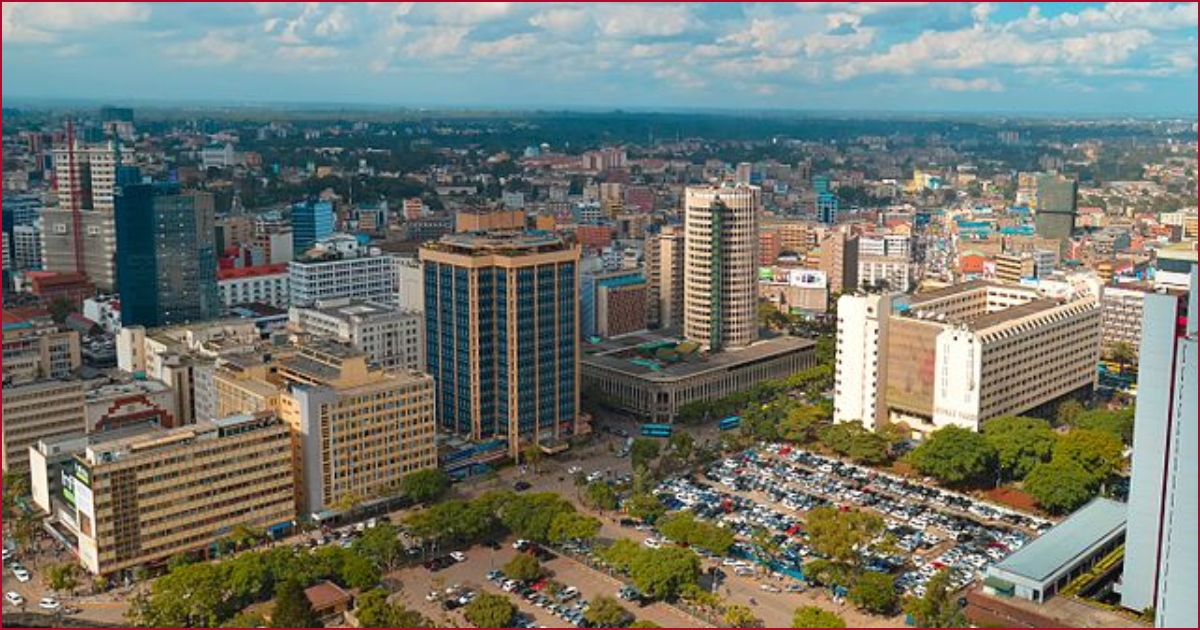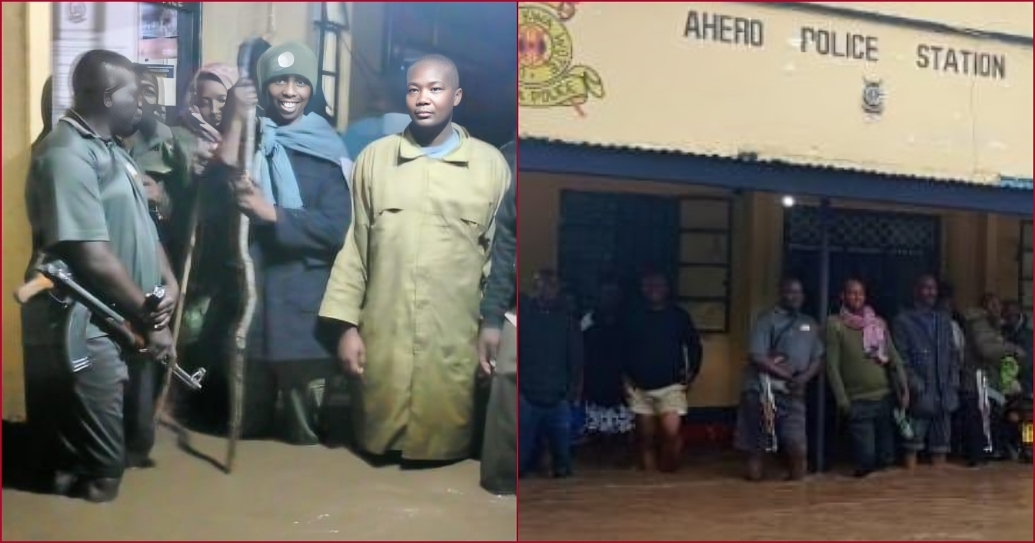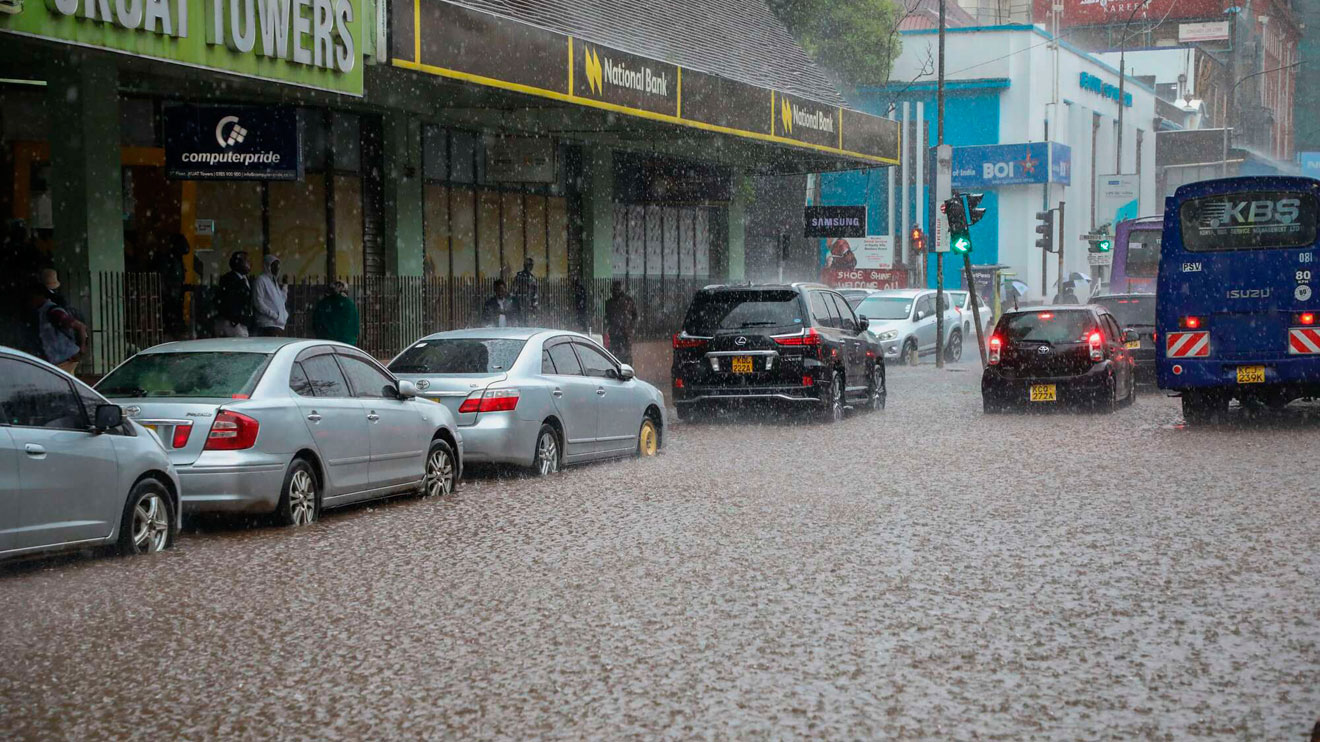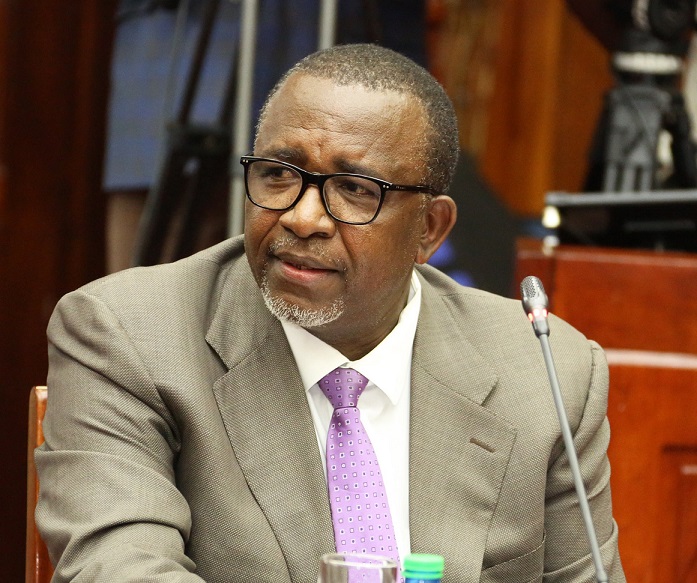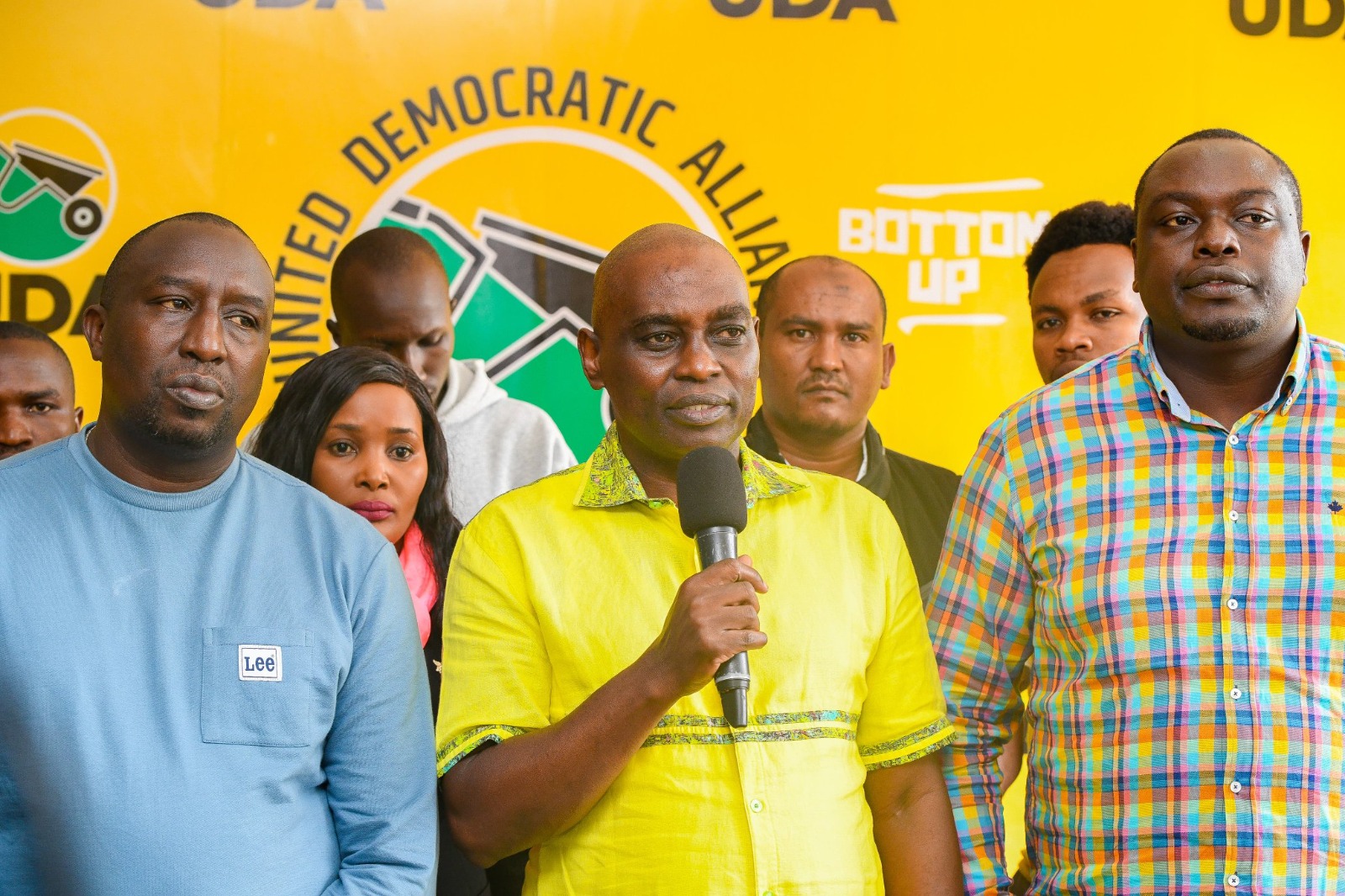Doctors who attended to more than 2,000 people, largely comprising drivers, touts, and stage managers, during the two-day medical camp held at the Aga Khan Walk, Nairobi-CBD, raised serious health concerns among those working in the matatu industry.
Dr. Elizabeth Wamwea, the team leader of the medical camp team, said that the largest percentage diagnosed and treated had non-communicable diseases, including diabetes and hypertension.
"Those with diabetes often had existing conditions affecting their eyes," she said.
The number of attendees with eye problems was estimated to be 40 percent, a worrying condition considering that drivers depend on their sight to transport thousands of Kenyans on the roads.
"In addition to treatment, about 10-15 percent require different referrals to see specialists for various reasons, such as surgeons and ENT specialists. Approximately 20 percent need to enhance their commitment to clinics because many were diagnosed with diabetes or hypertension but have not been consistent with medication. We emphasized the importance of adhering to treatment for chronic diseases to avoid fatalities like kidney failure. Less than 1 percent will need further intervention, such as surgery. Specifically, one individual will need to undergo cataract surgery," Dr. Wamwea stated.
Read More
.jpg)
Dr. Wamwea called for consistent health promotion activities in Nairobi and other counties to enhance preventive and promotive health measures for Kenyans across sectors.
Geoffrey Tumaini, the Clinical Officer Incharge of Medical Camps in the County of Nairobi, mentioned that through the medical camp, they realized a significant number of those in the matatu industry had sight-related problems, affecting their daily work.
"We had one case where a driver was unaware that his right eye had vision issues, and he testified that he had been involved in accidents involving his right side. We identified this during the camp, and he is scheduled for corrective surgery," said CO Tumaini.
He added that matatu workers also faced respiratory problems due to their early morning to late-night work shifts, leaving no time for seeking medical attention, and exposing them to chronic illnesses.
Pastor Dorcas opened the medical camp on Wednesday and was accompanied by Nairobi Deputy Governor Njoroge Muchiri, Starehe MP Amos Mugo, medics, pastors, and other leaders.
-1701422851.jpg)
